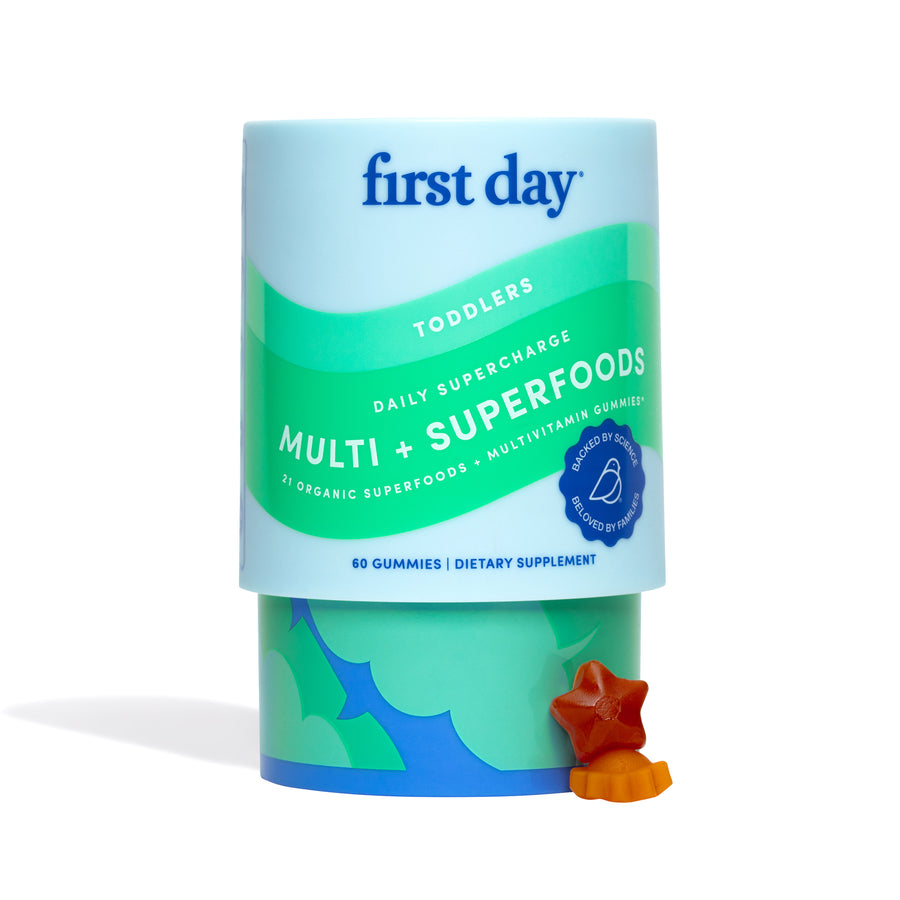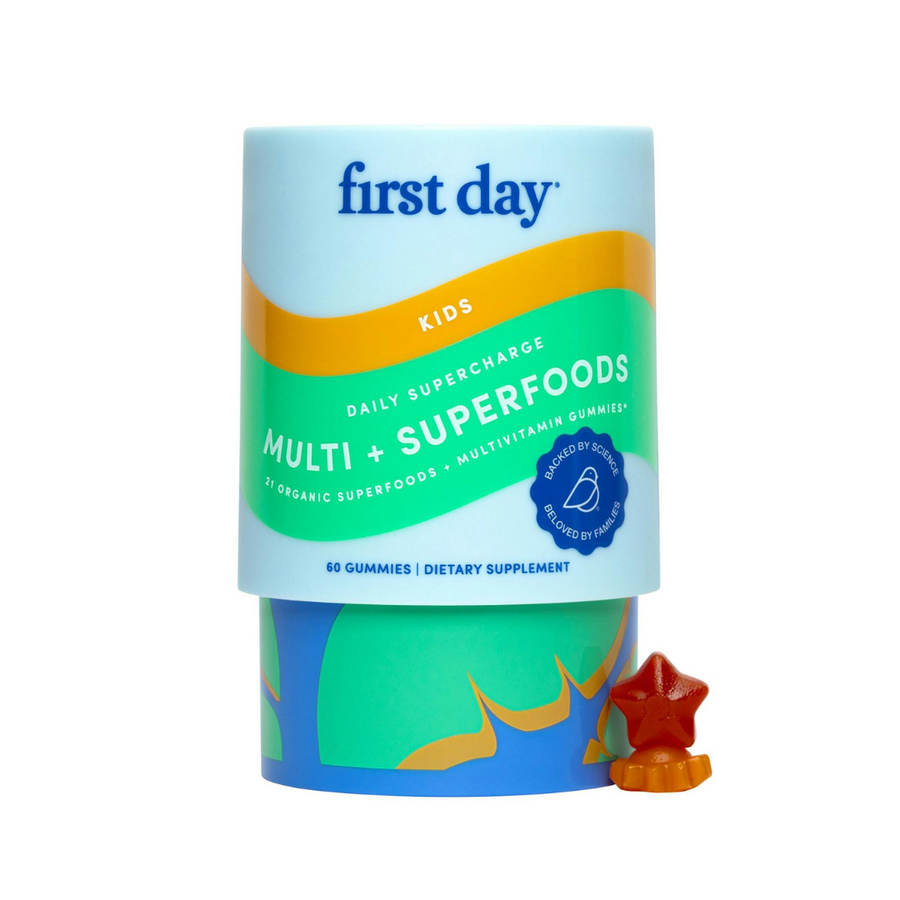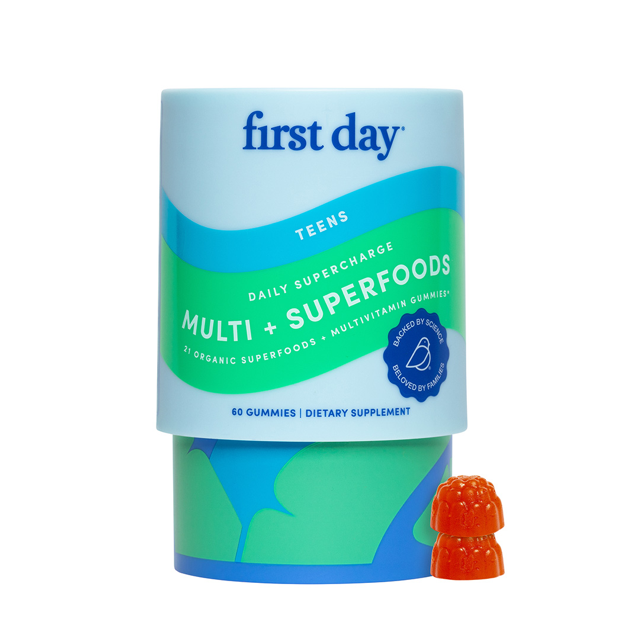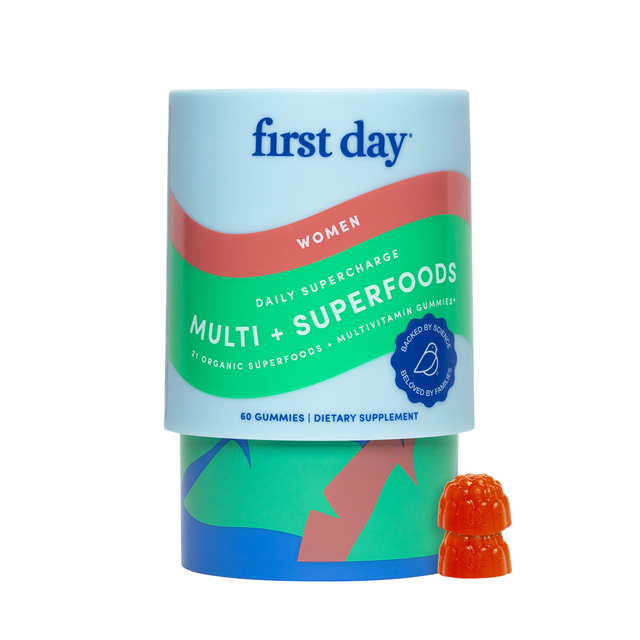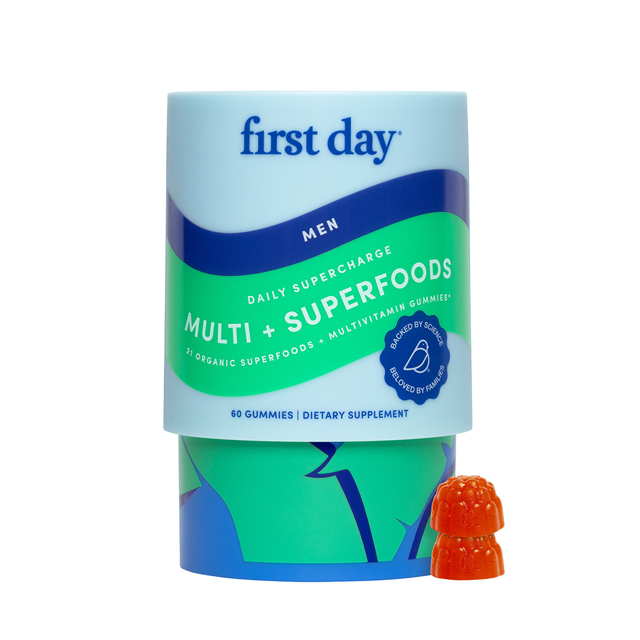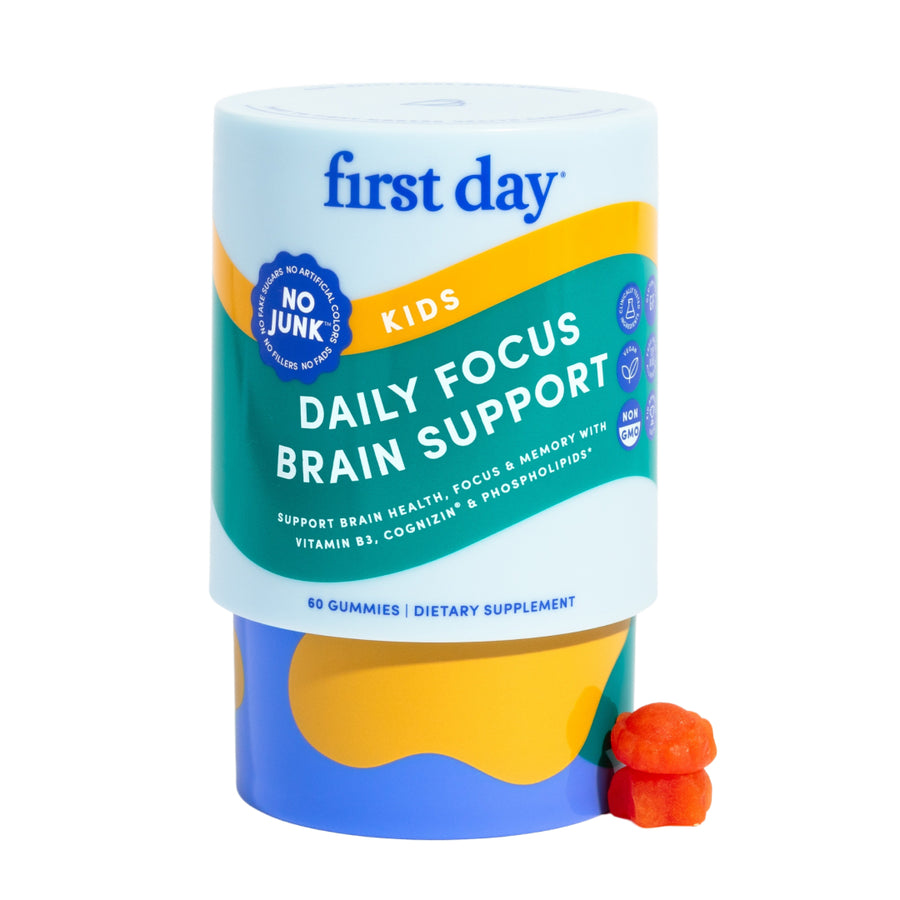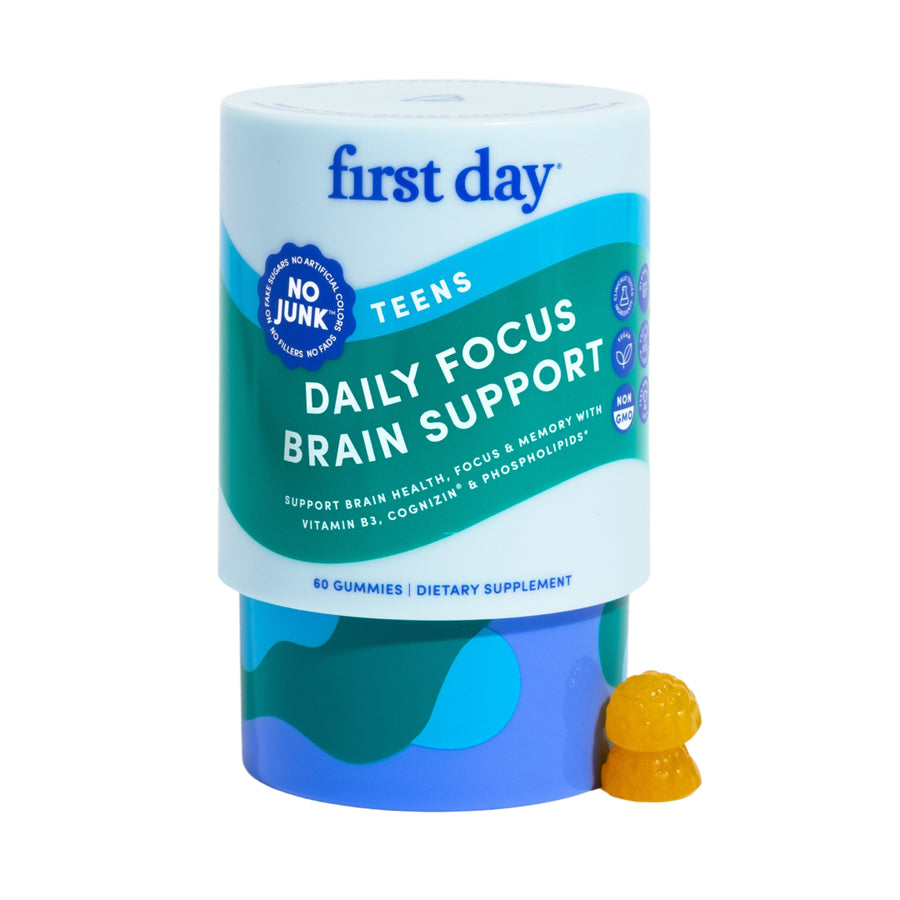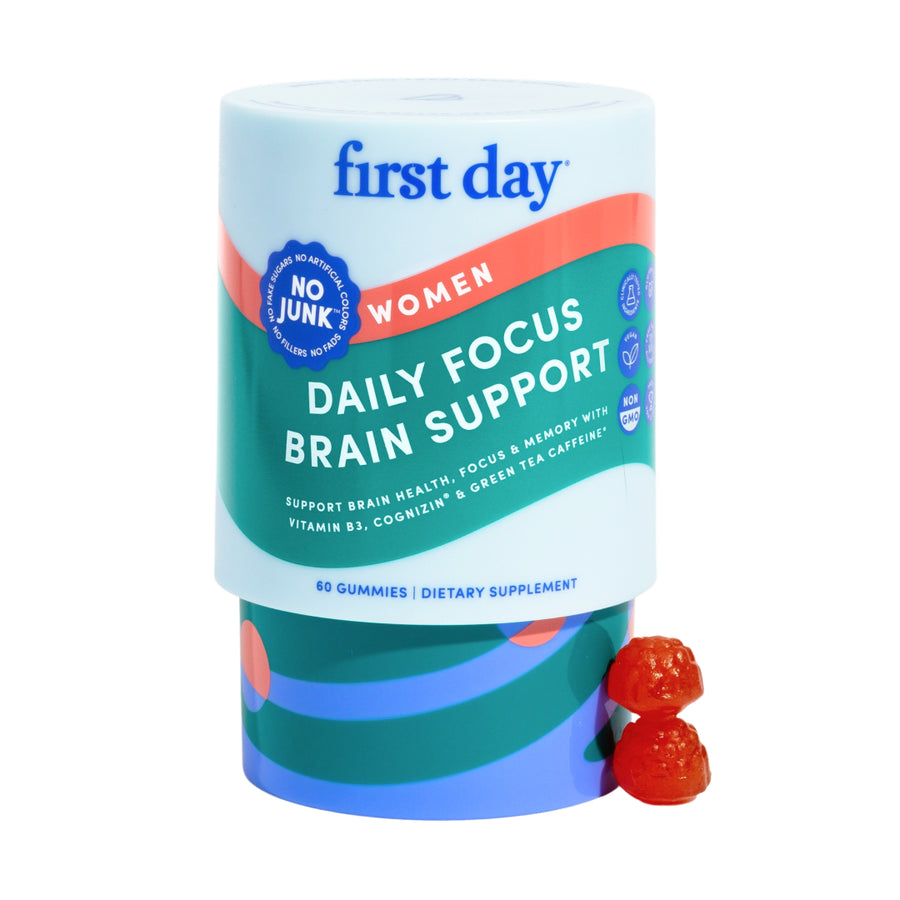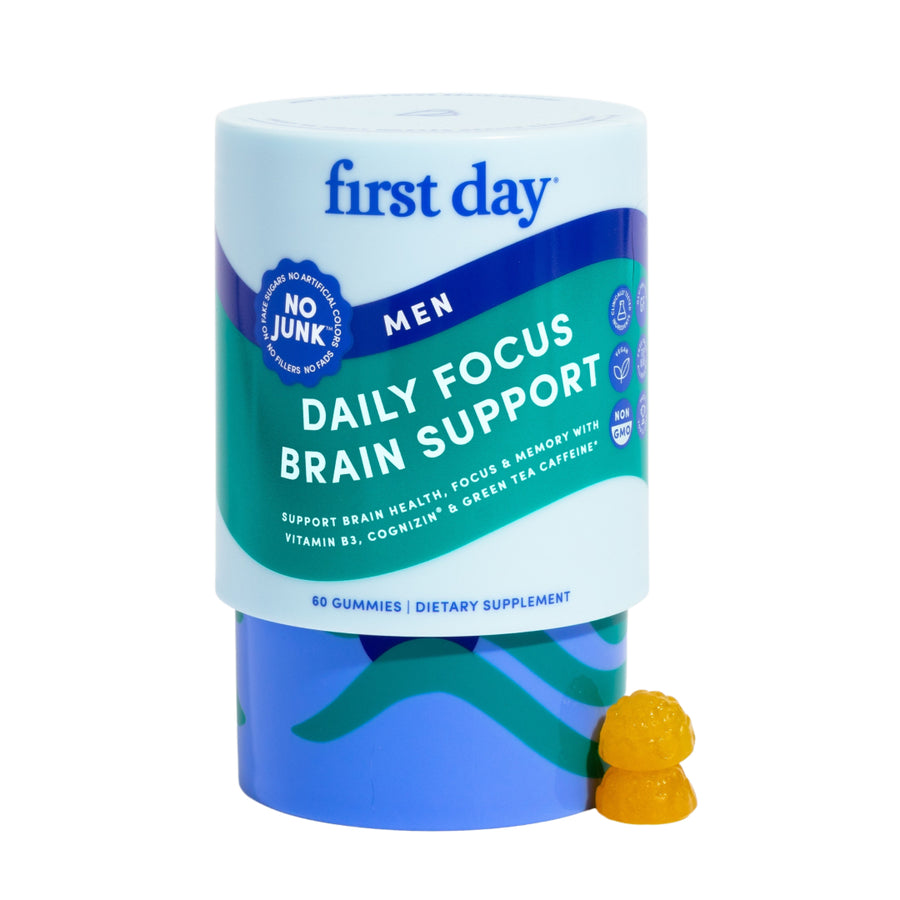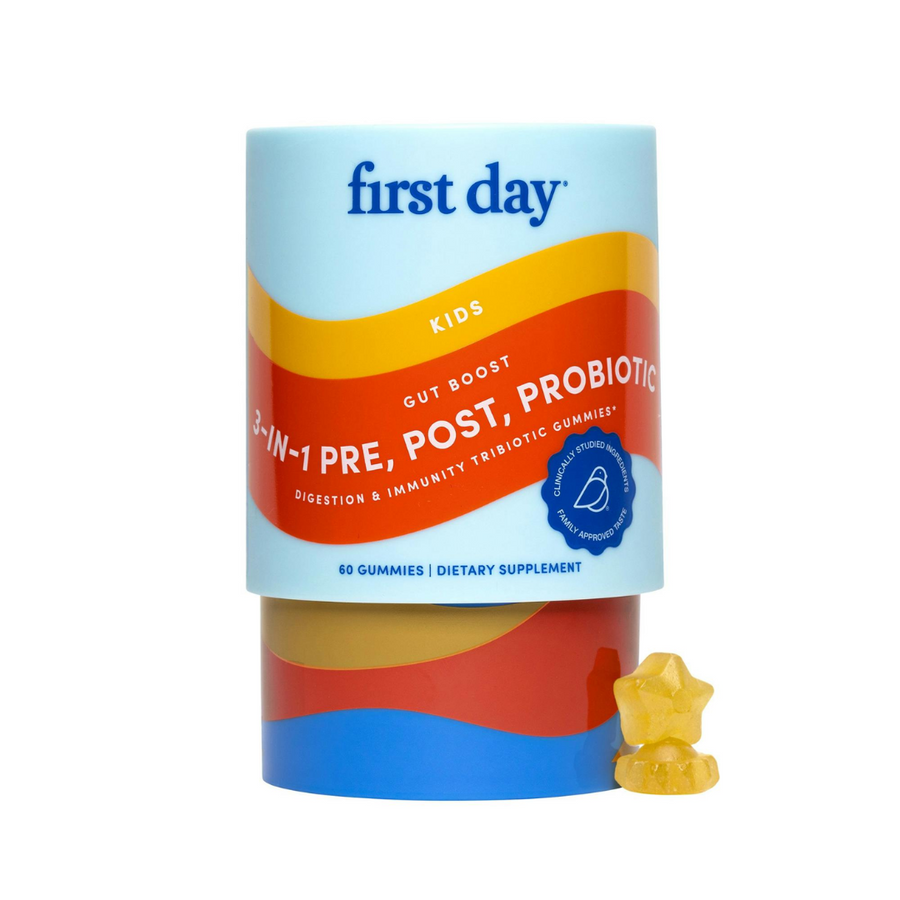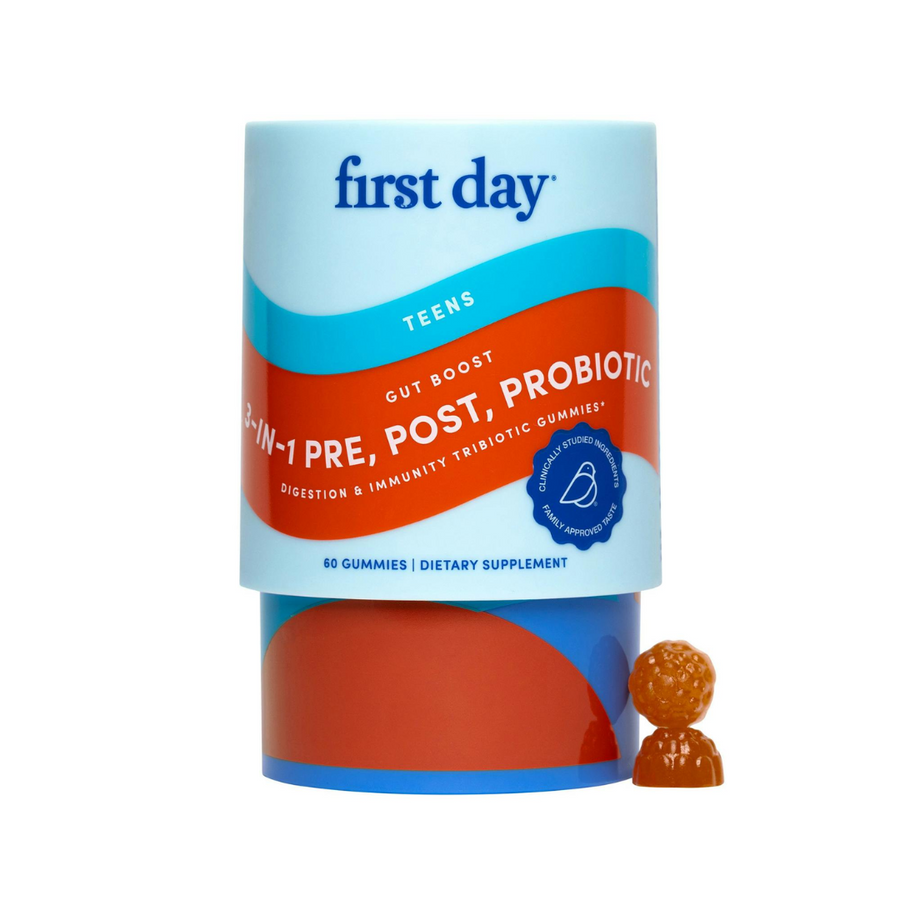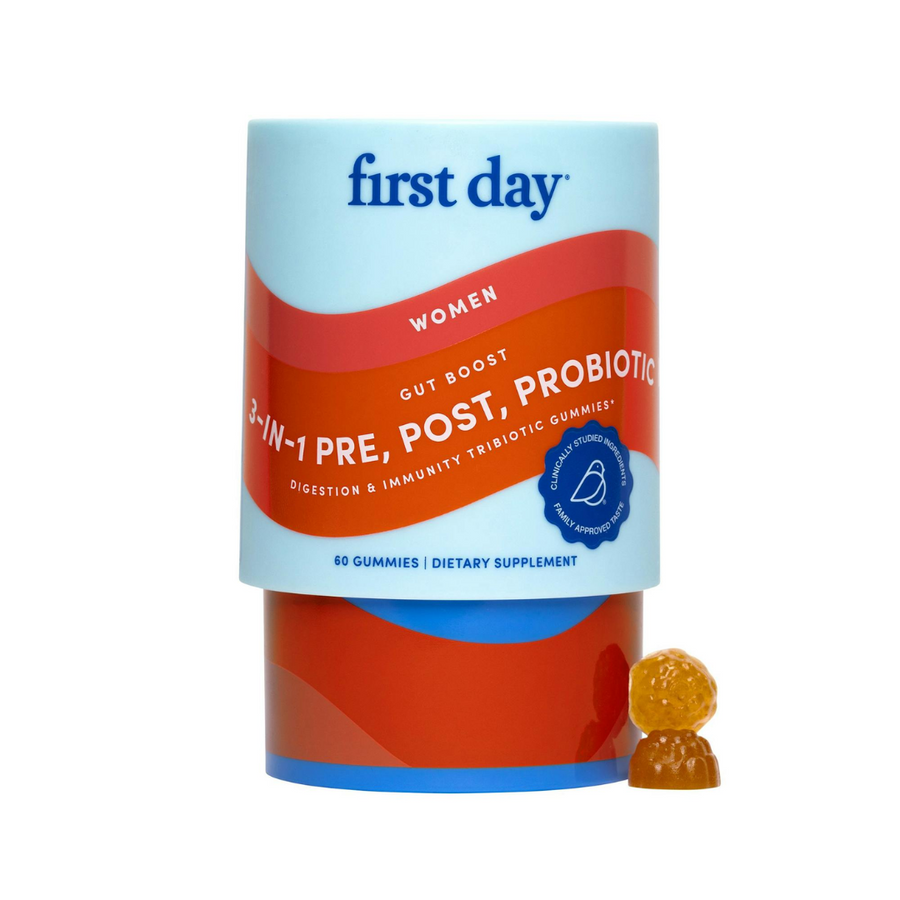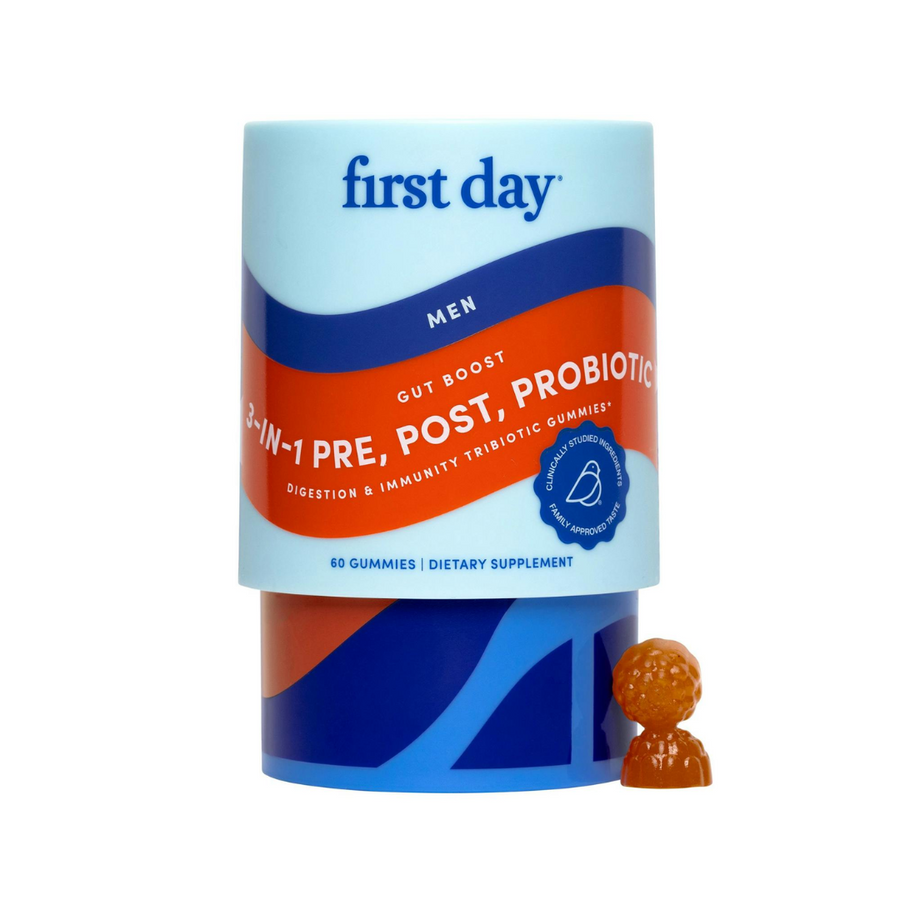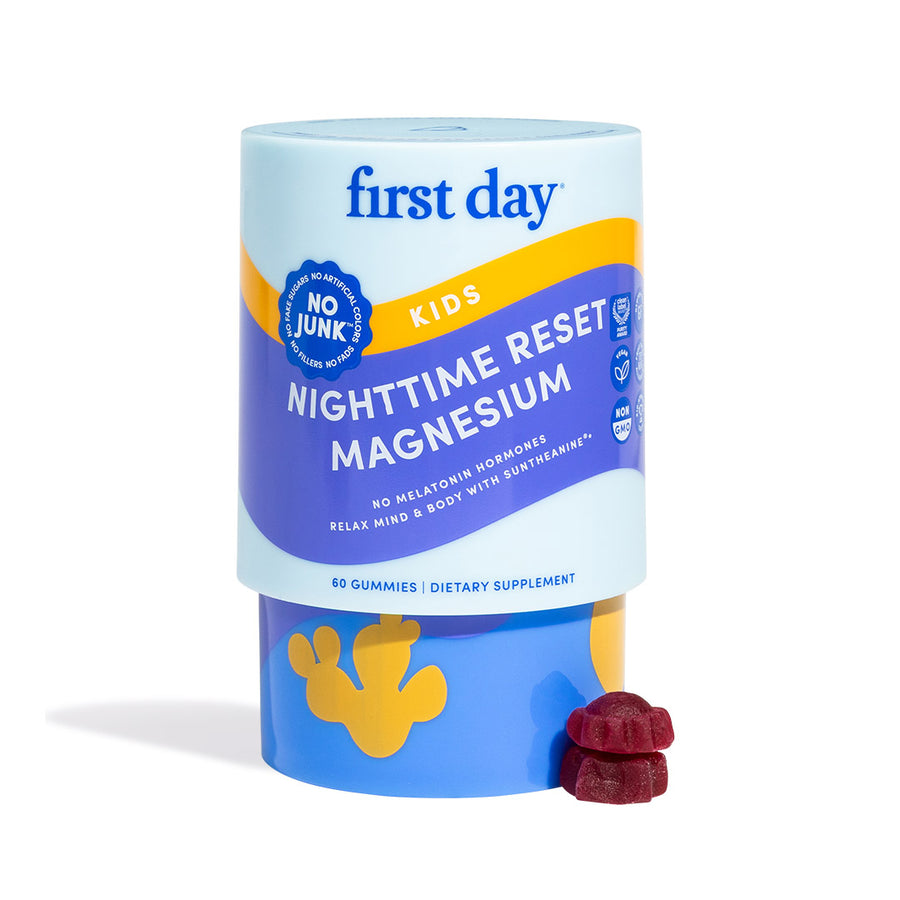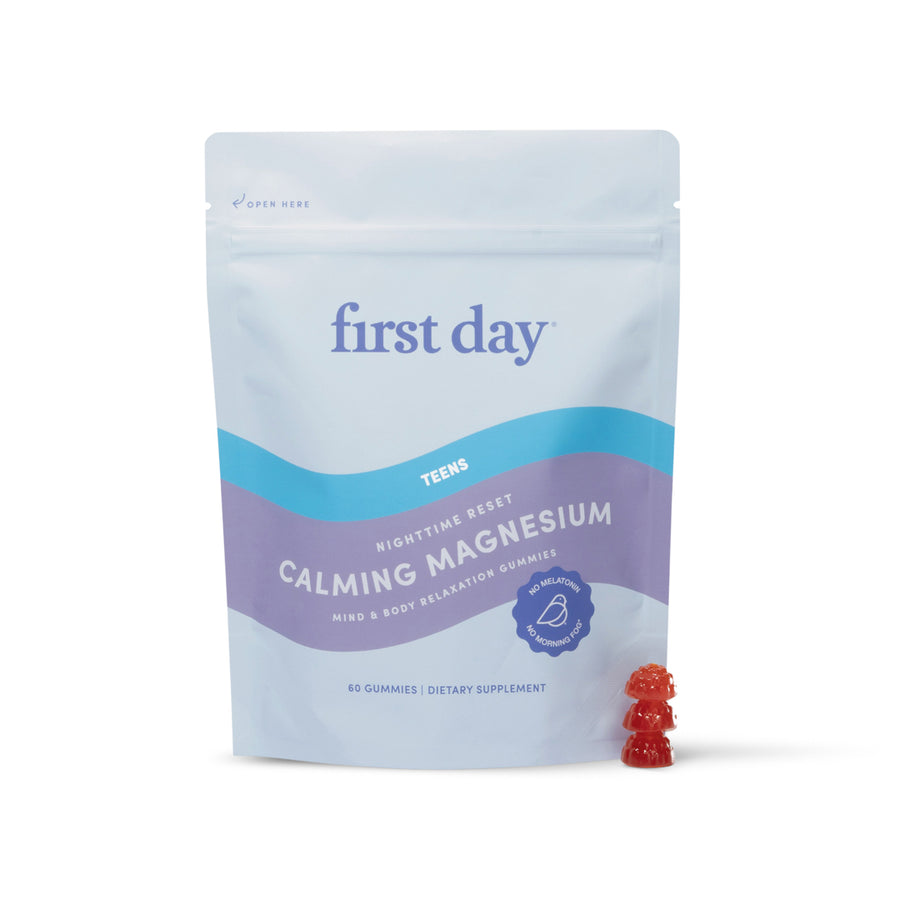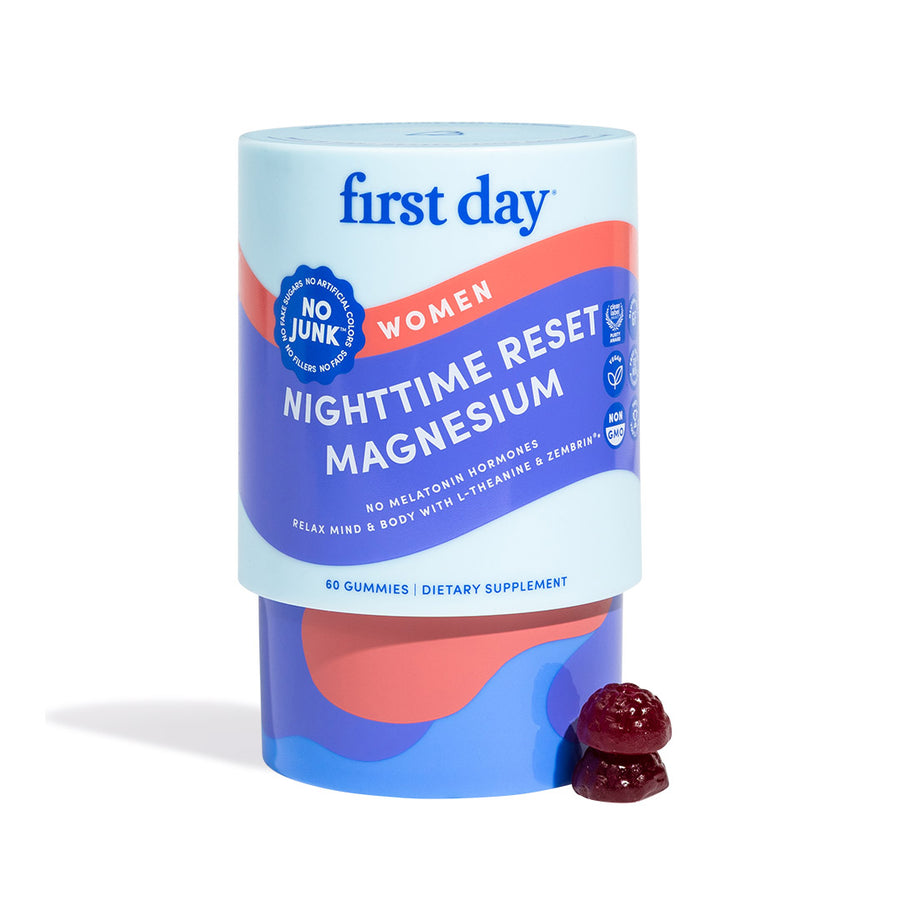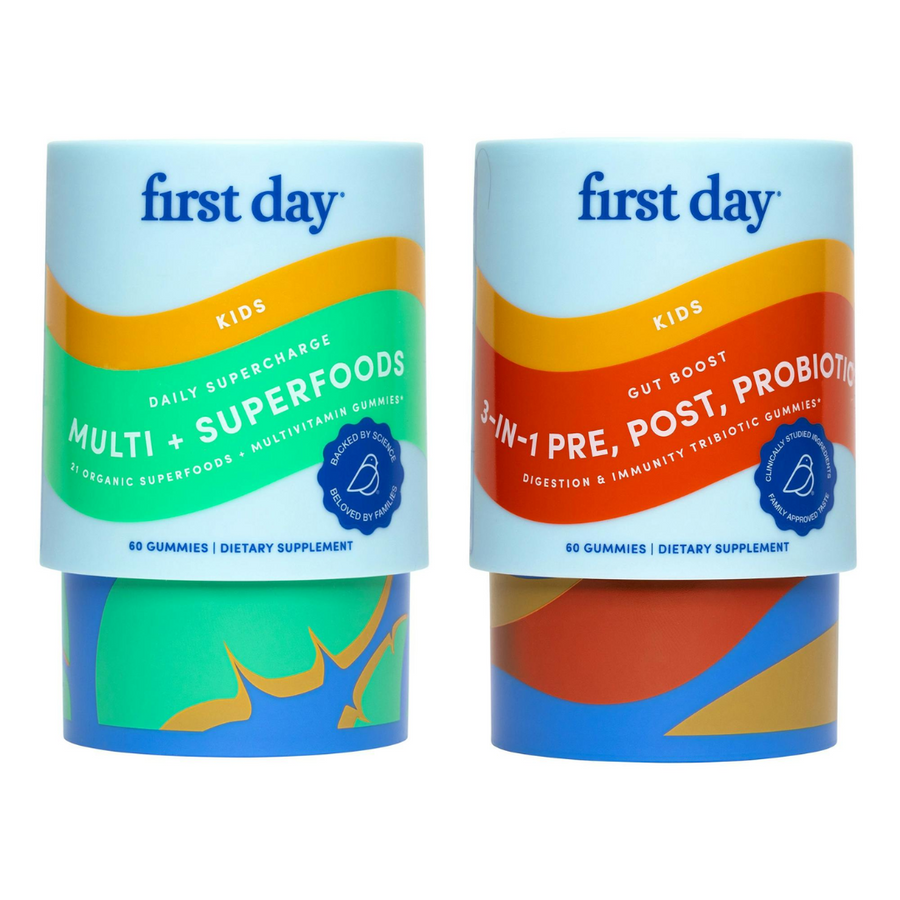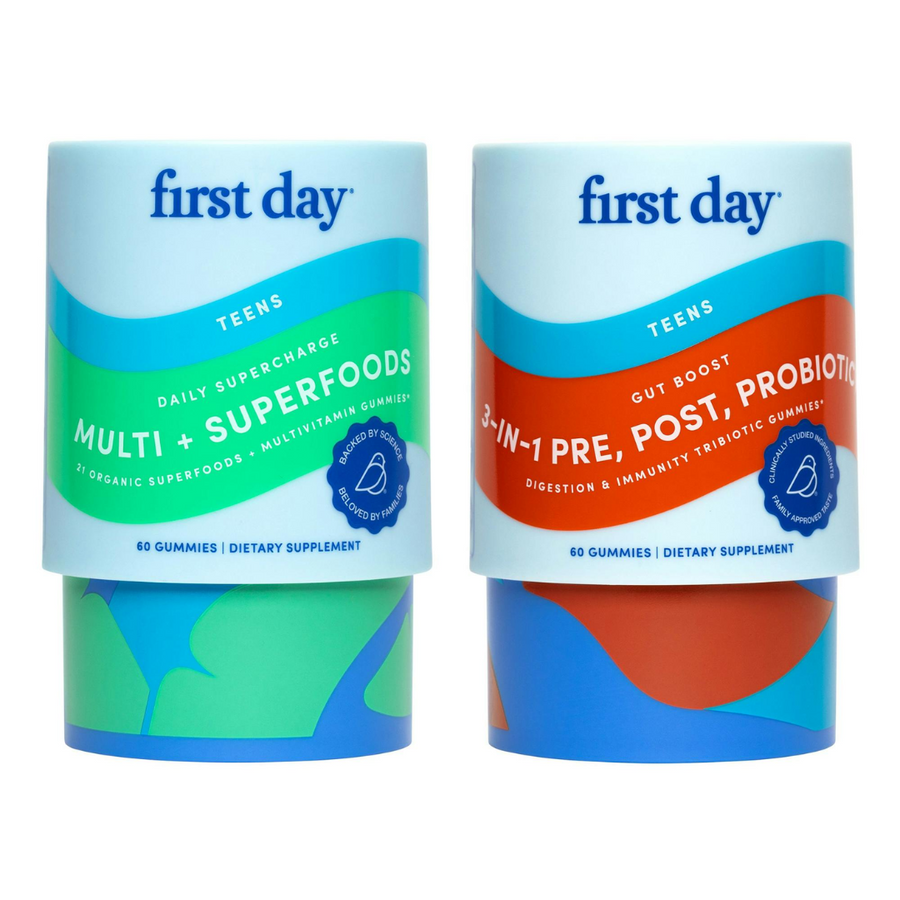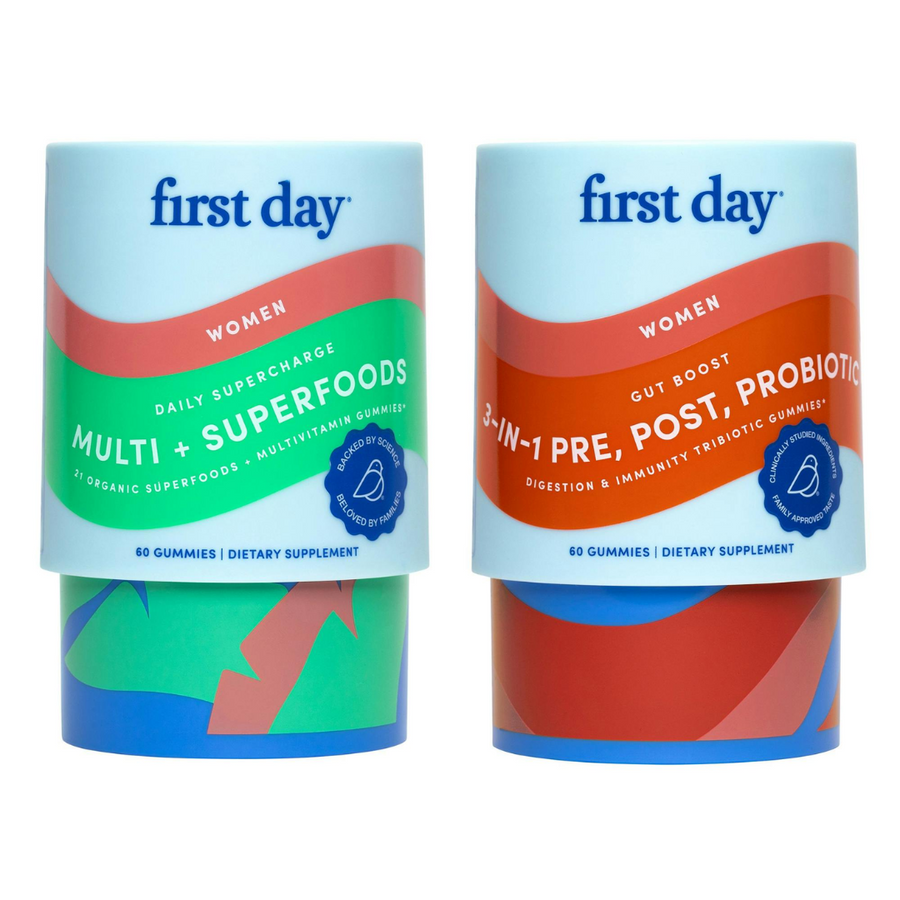Do you know what the nine essential nutrients are for your children? Most parents don't, but they should!
Parents want their children to grow up healthy and strong. One of the best ways to ensure this is by providing them with different foods that encourage healthy eating. A healthy diet is vital, and there are many healthy foods that your kids will love.
Before we jump into the list of essential nutrients for kids, though, let's first cover the benefits of a balanced diet.

What are the Benefits of a Balanced Diet for our Children?
A balanced diet is essential for children because it helps them have healthy growth and develop properly. Healthy meals provide the right nutrients that kids need to grow and be healthy.
Some of the benefits of a healthy eating include:
-
Improved physical health
-
Improved mental health and cognitive function
-
Lower risk of developing chronic diseases
-
Better digestion and absorption of nutrients
-
Reduced risk of obesity
Now that we know the benefits of a balanced diet, let’s look at what nutrients your kids need.

9 Essential Nutrients for Kids
No matter what age they are, getting the right vitamins and minerals to support your kids healthy growth and development is key.
Here is a list of some of the nutrients kids need, along with the food sources to get them.
-
Protein
Protein is essential for a child's body to build cells, tissues, and organs. It's also necessary for the repair of damaged tissue and cell growth. Protein provides the energy kids need to stay active and play. Proteins are responsible to provide the feeling of fullness when mixed up with the serving of complex carbohydrates make a person to feel full for a longer period of time.
Food sources of protein include:
Lean meat, poultry, fish, legumes, eggs, and dairy products. Also, you can find protein from soy products such as fortified soy milk, tofu, and edamame.
-
Essential Fatty Acids
Essential fatty acids are necessary for kids because they:
-
Help build cell membranes
-
Necessary for absorbing fat-soluble vitamins
Fatty acids can also help to reduce inflammation and support cognitive health. Essential fatty acids are divided into monounsaturated and polyunsaturated fatty acids that can be obtained in the form of supplements or through diet like healthy oils, fatty fish and nuts. Fatty acids are necessary to maintain the good cholesterol level in the body and to lower the LDL levels.
Food sources of essential fatty acids include:
Good sources of essential fatty acids include fish, nuts, seeds and vegetable oils.
-
Iron
Iron is vital for red blood cells, which carry oxygen throughout the body. It's also necessary for cognitive development and a healthy immune system. Iron contains hemoglobin that holds the oxygen carrying capacity among the red blood cells and is important for blood production.
Food sources of Iron include:
Good sources of iron include red meat, poultry, fish, legumes, tofu, dark leafy greens, and fortified cereals. You can also find iron in other foods like dried fruit, raisins and apricots.
-
Calcium
Calcium is one of the essential minerals that children need. Calcium is for strong bones and teeth, and it's also necessary for blood clotting, nerve function, and muscle contraction.
Food sources of Calcium include:
Dairy products such as milk, cheese, and yogurt. You can also find calcium in leafy greens, tofu, almonds, and sesame seeds. Low-fat dairy products are an excellent option for kids. They provide the same benefits as full-fat dairy but with less saturated fat.
-
B vitamins
B vitamins are for energy metabolism, cell growth, and nervous system function. They can also help to reduce the risk of some birth defects like spina bifida.
Food sources of B vitamins include:
Good sources of B vitamins include whole grains, dark leafy greens, legumes, nuts, and seeds. You can also find B vitamins in fortified cereals, fortified soy milk, and some animal products.
-
Whole grains
Whole grains are a good fiber, vitamin, and minerals source. Fiber can help digestion, and whole grains contain more nutrients than refined grains. Whole grains act as an ultimate source of food group providing satiety and feeling of fullness for longer time. Whole grains include complex carbohydrates that digest slowly in the body and does not spike the blood sugar level. Moreover, they are responsible for maintaining the gut health.
Food sources of whole grains include:
Whole grains include oats, quinoa, brown rice and barley. Also, whole grain products like whole-wheat bread, whole-grain cereals.
-
Vitamin C
Vitamin C is vital to fight infection and strengthen your child's immune system. It can also help with the absorption of iron and collagen formation.
Food sources of Vitamin C include:
Fruits and vegetables like citrus fruits, strawberries, bell peppers, broccoli, and Brussels sprouts. You can also find vitamin C in fruit juices and cereals.
-
Fiber
Fiber helps with digestion and can also help to reduce the risk of some chronic diseases like hearts disease and obesity. Fiber is also responsible for providing the feeling of fullness and include water-soluble and digestible fiber.
Food sources of fiber include:
Some good sources of fiber are fruits, vegetables, legumes, white beans, whole grains, and nuts
-
Vitamin D
It helps absorb calcium and phosphorus, and it's also necessary for bone growth and development.
Food sources of Vitamin D include:
Fatty fish, such as salmon, tuna, and mackerel. You can also find vitamin D in fortified milk, cereals, and egg yolks. You can also get vitamin D from sunlight exposure.

Foods to Avoid or Limit for your Kids
Do you have a hard time saying no to your kids when they beg for candy or junk food? It can be challenging, but you the healthy eating your promote with fruits and vegetables the less health problems they will have. Here are some foods to avoid or limit for your kids:
-
Too Much Sugar
You should avoid giving your kids foods with too much sugar because it can lead to weight gain and tooth decay.
-
Refined Grains
You should limit the number of refined grains your kids eat because they're not as nutritious as whole grains.
-
Too Much Red Meat
Limit the amount of red meat your kids eat because it can lead to high cholesterol and obesity.
-
Saturated Fats
Avoid too much-saturated fats your kids eat because they can lead to heart disease.
-
Trans Fats
You should avoid giving your kids foods with trans fats because they can lead to heart disease.
What are the Healthy Food Choices for Kids?
Some healthy food choices for kids include:
-
fruits and vegetables
-
whole grains
-
lean proteins
-
and low fat milk or other dairy products
When it comes to feeding your kids a balanced diet, there are a few essential nutrients you should make sure they're getting enough of. These nutrients include Calcium, B Vitamins, Vitamin C, Fiber, Iron, and Vitamin D.

What If My Child is a Picky Eater?
Raising a picky eater can be a daunting task. You may feel like you are constantly playing referee and trying to find new ways to get them to eat their food. But don't worry, you are not alone! Many parents struggle with this issue every day, and we are here to help you with that!
Read on for some helpful tips on dealing with a picky eater:
-
Take it Slowly
If your child is a picky eater, don't worry. It's normal for kids to be selective about what they eat, and just take it slowly and introduce new foods one at a time.
Some kids don't like certain foods because of the texture. If your child doesn't like food texture, try serving it in a different form. For example, if they don't like the texture of cooked spinach, try serving it raw or pureed.
Plus, make mealtime fun! Eating should be a fun and enjoyable experience for kids. Try making meals into a game, or let them help you cook.
-
Talk to a Registered Dietician or Pediatrician
If you're concerned about your child's diet, talk to a registered dietician or pediatrician. They can help you create a unique child's diet to meet your child's individual needs.
-
Give Them Multivitamins for Kids
A daily multivitamin is an excellent way to ensure your child is getting the nutrients they need. First Day's Kids Multivitamins are designed specifically for kids and are an easy and convenient way to give them the nutrients they need. Plus, they're in gummy form, so kids will love taking them! Every gummy is made with 12 organic fruits and veggies full of good-for-you antioxidants and phytonutrients.
Learn more about the essential nutrients they provide by checking out our blog about the best toddler vitamins. And be sure to check out our other blogs for more great tips on raising healthy and happy kids!
Dr. Zainab Naeem, DDNS

Zainab Naeem, Doctor of Nutrition and Dietetics has attained the degree of DDNS and is a nutritionist/ dietitian by profession and a writer by choice. She has attained the degree as a Nutritionist from The University of Lahore and has worked as a community nutritionist intern at Fatima Memorial Hospital, Lahore and Clinical Nutritionist from Mayo Hospital, Lahore Pakistan. She is also pursuing her degree in Associate degree in Psychology from Virtual University of Pakistan. She has been working as a nutrition and medical blog writer from past 4 years and many of her articles are published on various platforms. Zainab believes that a healthy body needs a healthy mind and her writings revolve around the concept of good nutrition along with working on the mental health too.
She is Co-Author at https://writingstake.com/ and https://sehatnutrition.org/. She is also a co-author in two anthologies and love to pen down her emotions on paper in the form of her writings. As a digital publisher, she has wrote numerous articles and wellness blogs for various clients as a freelance writer. And is currently working as a freelance nutritionist. You can get in contact with the nutritionist through platform https://sehatnutrition.org/ where she is serving as a Head of Hosting and Content writing or can reach her out on IG: xayni_de_artista.

